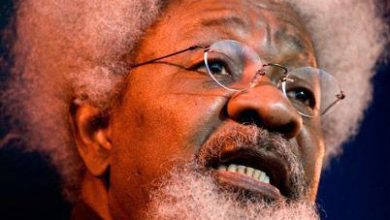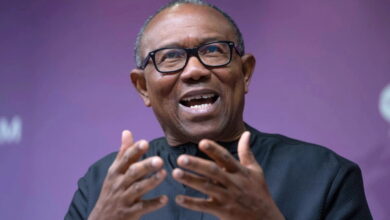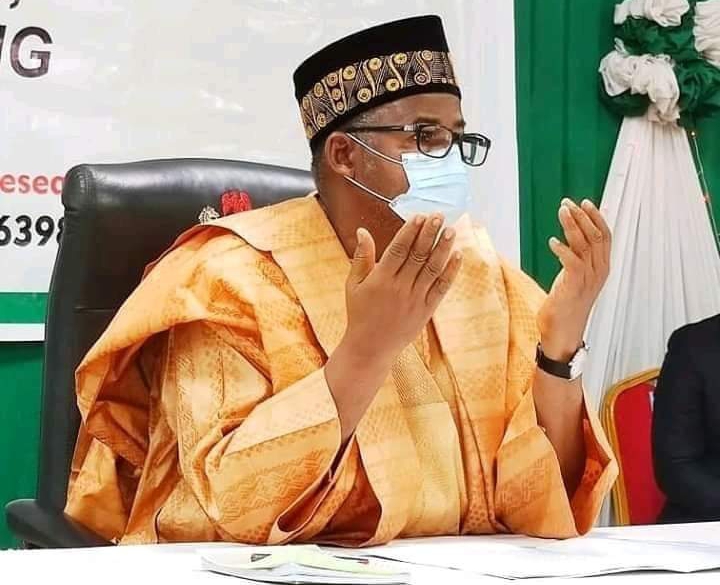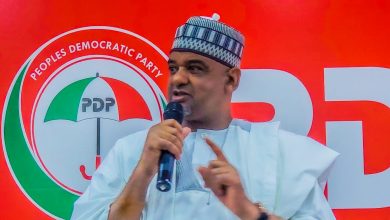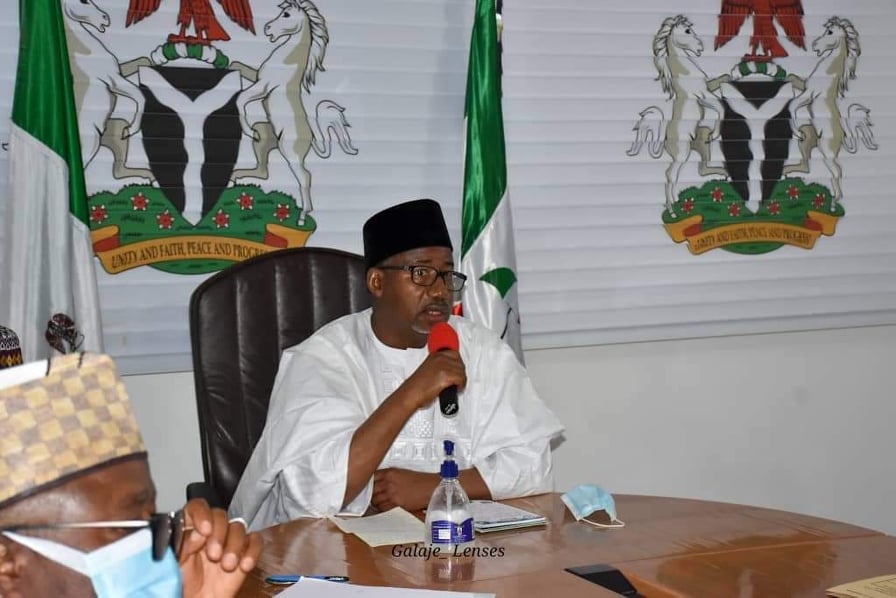Bauchi Governor Signs Historic Emirate and Chiefdom Bills Into Law – A Reform by the People, for the People
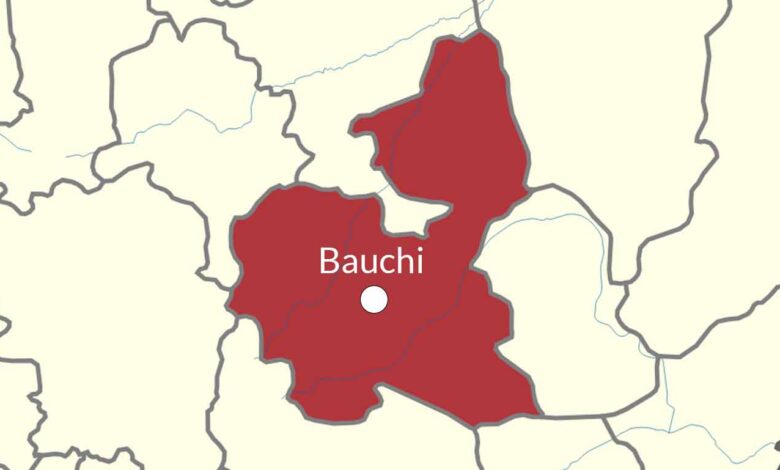
Bauchi | Tuesday, September 16, 2025 – Governor Bala Abdulkadir Mohammed of Bauchi State has signed into law two landmark pieces of legislation: the Bauchi State Chieftaincy (Appointment and Deposition) Law, 2025, and the Zaar Chiefdom Law, 2025, marking a major reform of the state’s traditional governance system.
Speaking during the signing ceremony at the Council Chambers, Government House, Bauchi, the governor described the development as “a reform by the people, for the people, and in the interest of Bauchi State.”
Governor Bala Mohammed said the new laws are designed to strengthen traditional institutions, promote inclusivity, ensure justice, and reposition Bauchi’s governance system for modern needs.
“This reform is not merely about creating new emirates or chiefdoms. It is about reaffirming our faith in inclusion, justice, unity, and development,” the governor declared.
He explained that the initiative arose from grassroots agitations and community appeals received during his campaign and throughout his administration, reflecting the people’s deep sense of identity and belonging.
13 New Emirates, Zaar Chiefdom Recognized
Governor Bala Mohammed revealed that the new law formally recognises 13 additional emirates and the Zaar Chiefdom, namely: Burra, Dambam, Darazo, Duguri (Yuli), Gamawa, Giade, Toro, Warji (Katangan Warji), Ari (Gadar Maiwa), Jama’a (Nabardo), Lame (Gumau), Bununu, and Lere.
According to him, the move aims to decentralise leadership, improve grassroots governance, and stimulate local development across the state.
Inclusive and Transparent Reform Process
The governor explained that a high-powered committee was inaugurated on July 17, 2025, chaired by Hamza Koshe Akuyam, to review requests from communities, assess their merits, and make fair, evidence-based recommendations.
The committee’s process was hailed as “one of the most consultative and transparent exercises in Bauchi’s history”, involving public hearings, community submissions, and field studies in other states for comparative learning.
Governor Bala Mohammed emphasised that the reform is policy-driven, not political, aimed at recognising merit and responding to legitimate community aspirations.
Implementation and Caution Against Sabotage
The governor directed the Attorney General and Commissioner for Justice, in collaboration with the Secretary to the State Government, to immediately gazette and distribute copies of the new laws to all relevant authorities for implementation.
He, however, issued a stern warning to those attempting to undermine or politicise the reform process:
“We will not tolerate any attempt to obstruct, incite division, or spread misinformation. Anyone found guilty of sabotaging these laws will face the full weight of the law.”
He also warned traditional leaders and public officials against misconduct or actions capable of undermining the objectives of the reform.
Broad Benefits and Future Goals, Governor Mohammed highlighted the benefits of the new laws, including:
- Strengthening local governance and cultural identity.
- Attracting development and investment to rural areas.
- Improving local data collection and revenue generation.
- Supporting fair resource allocation and donor interventions.
He also reaffirmed his administration’s commitment to transparency in the 2025 Supplementary Budget and to settling outstanding gratuities before the end of his tenure.
Lawmakers Commend the Governor
In his remarks, the Speaker of the Bauchi State House of Assembly, Rt. Hon. Abubakar Y. Suleiman, commended the governor’s vision and assured that the Assembly will continue to support reforms that promote peace, inclusion, and progress in the state.

